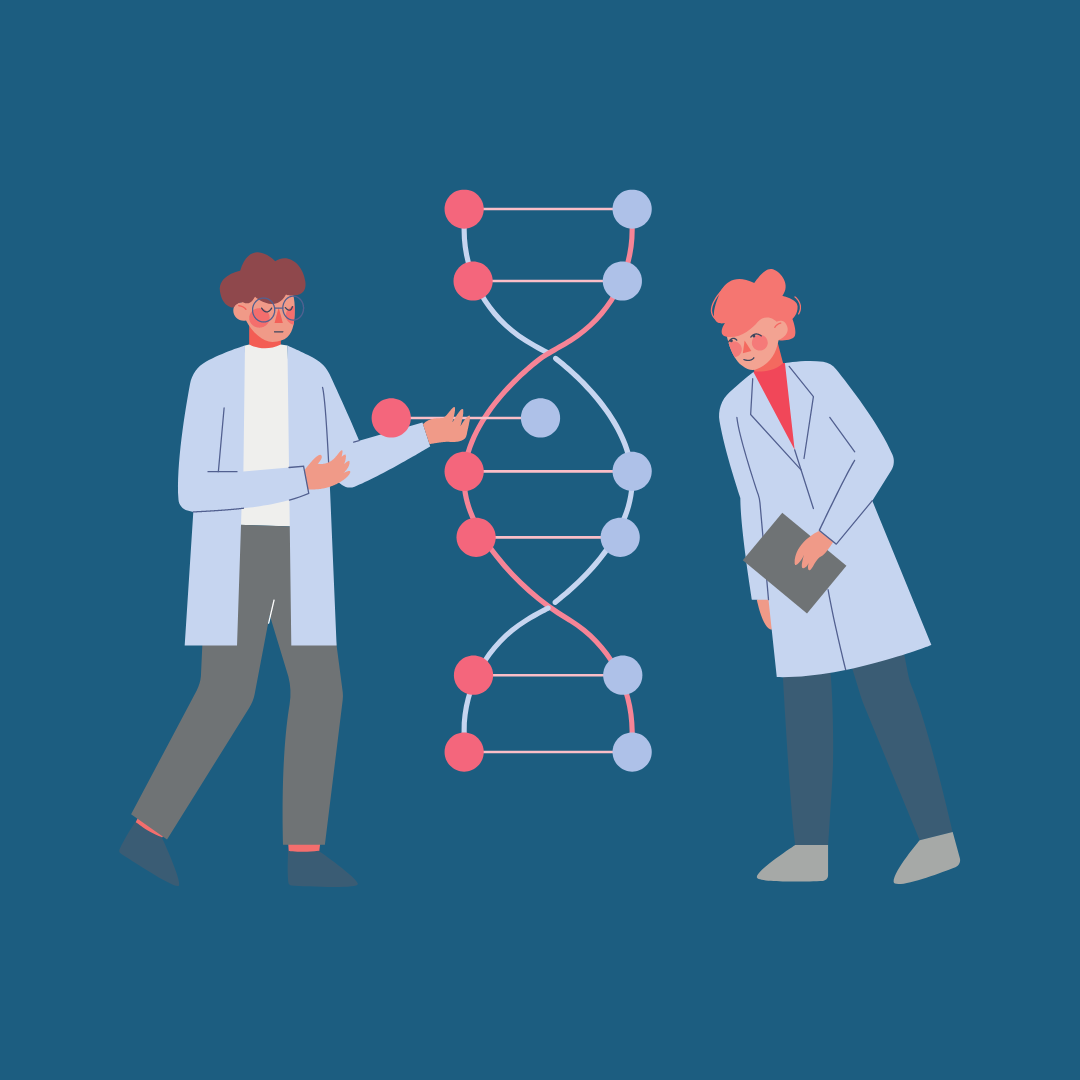Briefly Noted: Eugenics in Nature

On January 8, 2025, Nature published an article titled Heritable polygenic editing: the next frontier in genomic medicine? (The term polygenic refers to the fact that the effects of many genes generally influence any one outcome, such as height, or one disease.) The article is “open access” so feel free to follow the link.
Using gene editing to alter the DNA of embryos or gametes in order to create genetically modified children is more than controversial, it is prohibited by scores of countries and an international treaty.
Nevertheless, the authors of this new paper – geneticist Peter M. Visscher, statistician Loic Yengo, and bioethicists Christopher Gyngell and Julian Savulescu – assert that simultaneously editing multiple genes to influence one outcome will become feasible “in the next three decades” and discuss possible social consequences. Specifically, they state that “One significant concern is that HPE will lead to renewed interest in eugenics.”
So far, so good. However, they dismiss the relevance of this concern by defining eugenics strictly as a matter of state interference into a citizen’s autonomy.
This does represent a noteworthy change from Savulescu’s 2004 opinion about “Procreative Beneficence: Why We Should Select the Best Children.” From the Abstract to that paper:
Eugenic selection of embryos is now possible by employing in vitro fertilization (IVF) and preimplantation genetic diagnosis (PGD). …
I will defend a principle which I call Procreative Beneficence: couples (or single reproducers) should select the child, of the possible children they could have, who is expected to have the best life.
The assisted reproduction sector is in the process, according to certain scientists and entrepreneurs, of developing technologies that enable not just selection but also engineering of embryos. This is very clearly not a shift away from eugenics; it is a technological development of eugenics.
Perhaps the most interesting aspect of this new paper is the apparent acceptance by the authors that eugenics is a subject with which they do not wish to be associated. Eugenics may have seemed good to some twenty years ago (it wasn’t) but it is definitely bad now. That is some kind of advance, I suppose.
Nature also published, in the same issue, a response from Shai Carmi, Henry T. Greely & Kevin J. Mitchell:
Embryo editing for disease is unsafe and unproven
Mathematical modelling suggests that it is theoretically possible to reduce risk of common diseases using heritable genome editing. Scientists argue that the technology involves considerable risk and uncertain benefits.
It is understandable that the rebuttal would shy away from the eugenics angle but I wish they had at least mentioned it.
What may be an even bigger concern in the long run is that Nature, which asserts that it is “often described as the world’s leading science journal,” chose to publish Visscher et al. That must have been a tricky decision since the manuscript was received on 30 June 2022 but not accepted until 29 October 2024, presumably after several rounds of review. The editors justified their decision to publish in an editorial:
The study reveals that polygenic genome editing in human embryos could substantially reduce the likelihood of certain diseases occurring, but it raises concerns, not least the renewed threat of eugenics. … Nature is publishing this work because it is important to start a conversation about what could happen if more-sophisticated gene-editing technologies become available, which could be the case within 30 years, the authors say.
Publication in Nature does still have cachet, but perhaps the editors are looking for controversy rather than scientific progress. That would be a shame.



